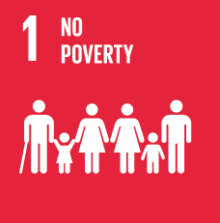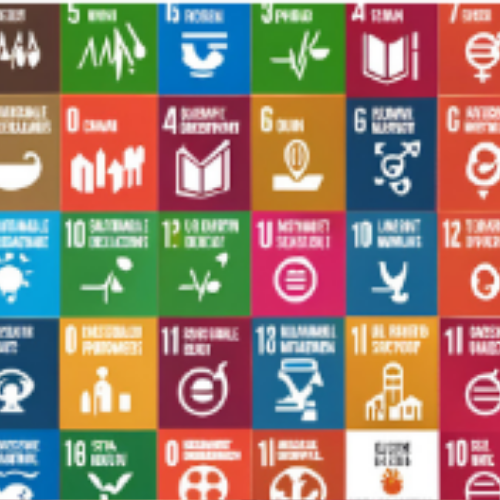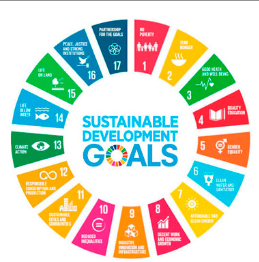Introduction:
In 2015, world leaders adopted the 2030 Agenda for Sustainable Development, a universal call to action to end poverty in all its forms. Central to this agenda is Sustainable Development Goal 1 (SDG 1): End poverty in all its forms everywhere. This report assesses the progress made towards achieving this ambitious goal and identifies key strategies to accelerate poverty eradication efforts.
Current Status of Global Poverty: Despite significant progress in reducing global poverty over the past few decades, millions of people still live in extreme poverty. According to the latest data, approximately 700 million people, or 9% of the world's population, live below the international poverty line of $1.90 per day. Moreover, the COVID-19 pandemic has exacerbated poverty levels, pushing millions more into extreme deprivation.
Key Challenges: Several challenges impede progress towards ending poverty:
- Economic Inequality: Disparities in income and wealth distribution persist within and among countries, hindering efforts to lift people out of poverty.
- Social Exclusion: Marginalized groups, including women, children, persons with disabilities, and indigenous communities, face systemic barriers that perpetuate poverty and limit their access to essential services and opportunities.
- Environmental Degradation: Climate change, natural disasters, and environmental degradation disproportionately affect vulnerable populations, exacerbating poverty and undermining sustainable development efforts.
Progress and Achievements: Despite these challenges, significant progress has been made in poverty reduction efforts:
- Economic Growth: Many countries have experienced sustained economic growth, leading to improvements in living standards and poverty reduction.
- Social Protection: Governments and international organisations have expanded social protection programs, such as cash transfers and food assistance, to support vulnerable populations.
- Access to Education and Healthcare: Efforts to improve access to education and healthcare have helped reduce poverty and improve overall well-being.
- Multilateral Cooperation: International cooperation and partnerships have facilitated knowledge sharing, resource mobilisation, and coordinated action to address poverty at the global level.
Recommendations for Accelerating Progress: To accelerate efforts towards ending poverty by 2030, the following recommendations are proposed:
- Targeted Interventions: Implement targeted interventions to address the specific needs of vulnerable populations, including women, children, and marginalized communities.
- Economic Empowerment: Promote inclusive economic growth and empower individuals through skills training, entrepreneurship programs, and access to finance.
- Strengthen Social Protection Systems: Expand social protection systems to provide comprehensive coverage to all those in need, including universal healthcare and social insurance schemes.
- Address Climate Change and Environmental Sustainability: Integrate poverty eradication efforts with climate change mitigation and adaptation strategies to build resilience and ensure sustainable development.
- Mobilize Resources: Increase domestic and international investment in poverty eradication initiatives, including official development assistance, private sector financing, and innovative financing mechanisms.
Conclusion: Ending poverty in all its forms everywhere remains an urgent and formidable challenge, but it is achievable with concerted global action. By implementing targeted interventions, strengthening social protection systems, promoting inclusive economic growth, and addressing environmental sustainability, we can advance towards a world where no one is left behind. It is imperative that governments, civil society organisations, the private sector, and the international community work together to realize this vision and build a more equitable and sustainable future for all.


